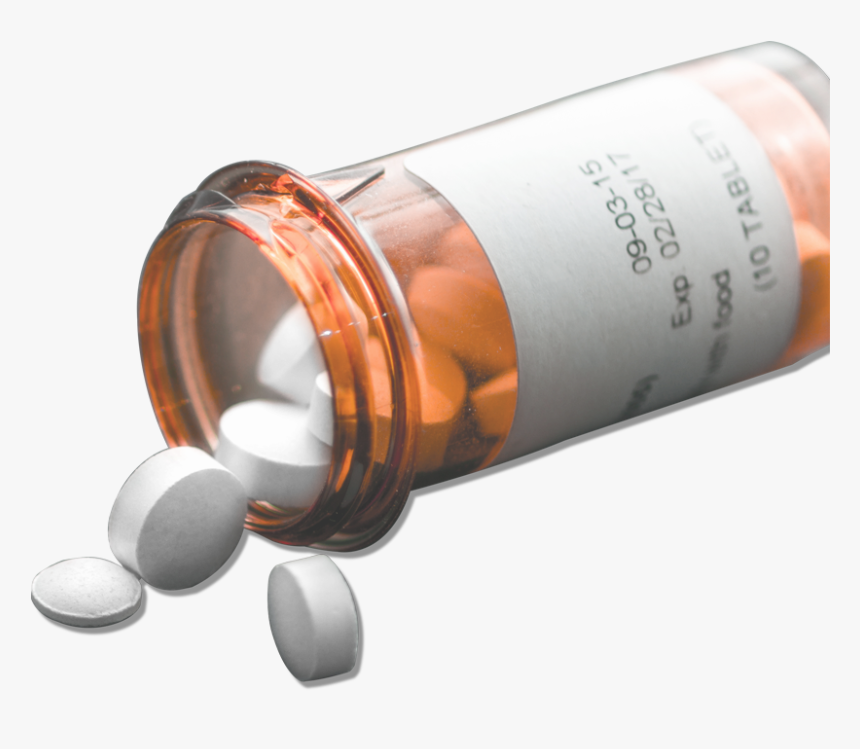Living with obsessive-compulsive disorder (OCD) can feel like being trapped in a never-ending maze, where intrusive thoughts and compulsive behaviors consume every waking moment. But there is hope. In this article, we will delve into the realm of OCD treatment and explore the strategies that can unravel the path to freedom for those struggling with this debilitating disorder.
For teenagers battling OCD, the journey towards recovery can be particularly challenging. Adolescence is a time of immense change and self-discovery, where the pressures of academic performance, social acceptance, and personal identity can amplify the effects of OCD. Thankfully, teen rehab centers specializing in OCD treatment offer a safe haven for adolescents to confront their fears, gain valuable coping mechanisms, and embark on a transformative journey towards a life free from the clutches of OCD. Join us as we uncover the world of rehab for teens and delve into the effective strategies employed to help teenagers reclaim their lives from the grips of OCD.
Addiction recovery is equally important for teenagers who may have turned to substances as a means of coping with their OCD symptoms. However, treating addiction in the context of OCD requires a tailored approach that takes into account the unique challenges these individuals face. With a focus on dual diagnosis and integrated treatment, addiction recovery programs for teenagers with OCD aim to address both the underlying psychological struggles fueling addiction and the addiction itself. Join us as we explore the critical role of addiction recovery in the lives of teenagers battling OCD and discover the effective strategies employed to break free from the chains of substance abuse.

Embarking on the journey towards an OCD-free life is never easy, but with the right treatment strategies and the support of dedicated professionals, teenagers struggling with OCD can find solace, hope, and ultimately, reclaim their freedom. Throughout this article, we will unravel the complexities of OCD treatment, shed light on the transformative power of teen rehab, and delve into the intricacies of addiction recovery for teenagers. So, let’s begin this enlightening journey towards understanding and finding effective solutions for OCD treatment in teenagers.
Traditional OCD Treatment Approaches
When it comes to addressing obsessive-compulsive disorder (OCD) in teenagers, there are several traditional treatment approaches that have proven effective. One widely used approach is cognitive-behavioral therapy (CBT). This therapy focuses on helping individuals identify and modify their thought patterns and behaviors that contribute to OCD symptoms.
Another common treatment option is exposure and response prevention (ERP) therapy. In this approach, teens are gradually exposed to situations or triggers that typically provoke their obsessive thoughts or compulsive behaviors. By resisting the urge to engage in those compulsions, they learn to manage and reduce their anxiety.
Medication is also often incorporated into traditional OCD treatment plans for teenagers. Selective serotonin reuptake inhibitors (SSRIs), such as fluoxetine or sertraline, are frequently prescribed to help regulate mood and reduce the frequency and intensity of OCD symptoms.
By combining cognitive-behavioral therapy, exposure and response prevention therapy, and medication, traditional OCD treatment approaches aim to provide a comprehensive strategy for teenagers struggling with the disorder. These strategies are designed to help teens regain control over their thoughts and behaviors, ultimately leading them on a path towards freedom from the grips of OCD.
Innovative Strategies for Teen Rehab
In recent years, the field of OCD treatment for teenagers has seen the emergence of various innovative strategies aimed at promoting recovery and improving the overall well-being of adolescents with OCD. These strategies have shown promising results and offer new avenues for effective intervention.
One such strategy is Cognitive Behavioral Therapy (CBT), which has been widely used in the treatment of OCD. CBT focuses on the identification and modification of irrational thoughts and behaviors that contribute to OCD symptoms. In teen rehab, CBT is often combined with Exposure and Response Prevention (ERP), a technique that gradually exposes adolescents to situations that trigger their obsessions and helps them resist the subsequent urge to engage in compulsive behaviors. By facing their fears and learning healthier coping mechanisms, teenagers can make significant progress in their recovery journey.
Another innovative approach gaining recognition is Mindfulness-Based Cognitive Therapy (MBCT). This therapeutic technique emphasizes present-moment awareness and acceptance of one’s thoughts and feelings without judgment. By integrating mindfulness practices with cognitive-behavioral strategies, MBCT assists teenagers in developing a compassionate and non-reactive mindset towards their OCD symptoms. Through this approach, teenagers can cultivate self-compassion, reduce distress, and strengthen their ability to cope with obsessive thoughts.
Additionally, technology has also played a crucial role in transforming OCD treatment for teenagers. With the rise of smartphone applications and virtual therapy platforms, accessible and interactive resources enable teenagers to engage in therapy whenever and wherever they need it. These digital tools provide valuable support in-between therapy sessions, offering personalized exercises, reminders, and progress tracking. By harnessing technology, teen rehab programs can extend their reach, making treatment more convenient and adaptable to adolescents’ busy lives.
In conclusion, the field of OCD treatment for teenagers continues to evolve with the introduction of innovative strategies such as CBT, ERP, MBCT, and the integration of technology. These strategies offer new and effective approaches to help teenagers overcome their OCD symptoms and lead more fulfilling lives. By expanding the treatment options available and tailoring them to meet the specific needs of teenagers, we can pave the way for a brighter future for adolescents struggling with OCD.
Supporting Teenagers in Addiction Recovery
In the journey of addiction recovery for teenagers, providing the right support is crucial. Teenagers battling addiction require a nurturing environment that promotes healing and growth. It is essential to create a supportive network that understands their unique struggles and empowers them to achieve lasting recovery.
First and foremost, establishing open lines of communication is vital when supporting teenagers in addiction recovery. Encouraging them to express their thoughts and emotions freely allows for a deeper understanding of their challenges. This can be done through individual therapy sessions or support group settings. By actively listening and validating their experiences, we can create a safe space for them to share their journey and seek guidance.
Additionally, cultivating a strong support system is key. This can include involving family members, close friends, and even mentors who will provide continuous encouragement throughout the recovery process. These individuals should be educated about addiction and its effects to better comprehend the teenager’s needs. By actively involving them, we strengthen the youth’s support network and contribute to their overall well-being.
Lastly, integrating personalized treatment plans is essential in supporting teenagers’ addiction recovery. Every teen’s journey is unique, and tailoring treatment strategies to suit their specific needs enhances their chances of success. Whether it be individual therapy, group counseling, or holistic approaches, a comprehensive treatment plan should be designed to address not only the addiction but also any underlying mental health issues.
Supporting teenagers in addiction recovery requires patience, empathy, and understanding. By fostering open communication, establishing a strong support system, and implementing personalized treatment plans, we can empower these young individuals to overcome their challenges and embark on a path of lasting recovery.
